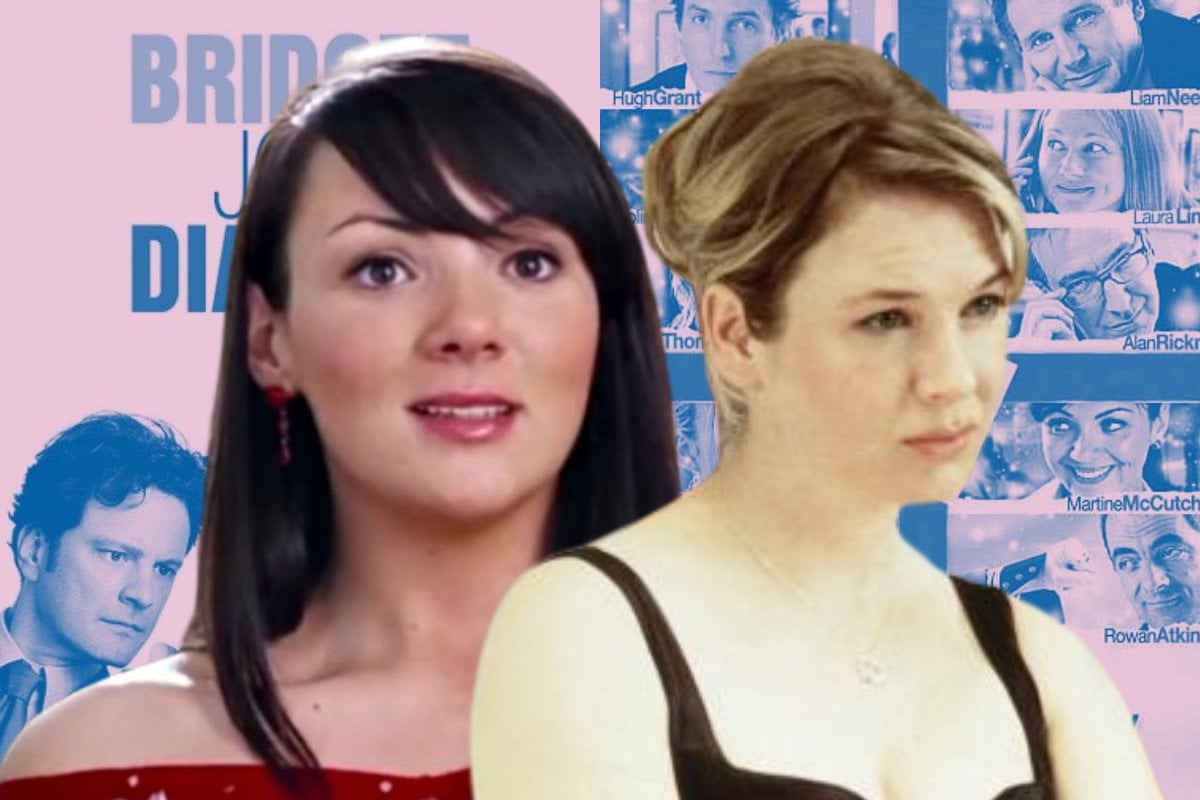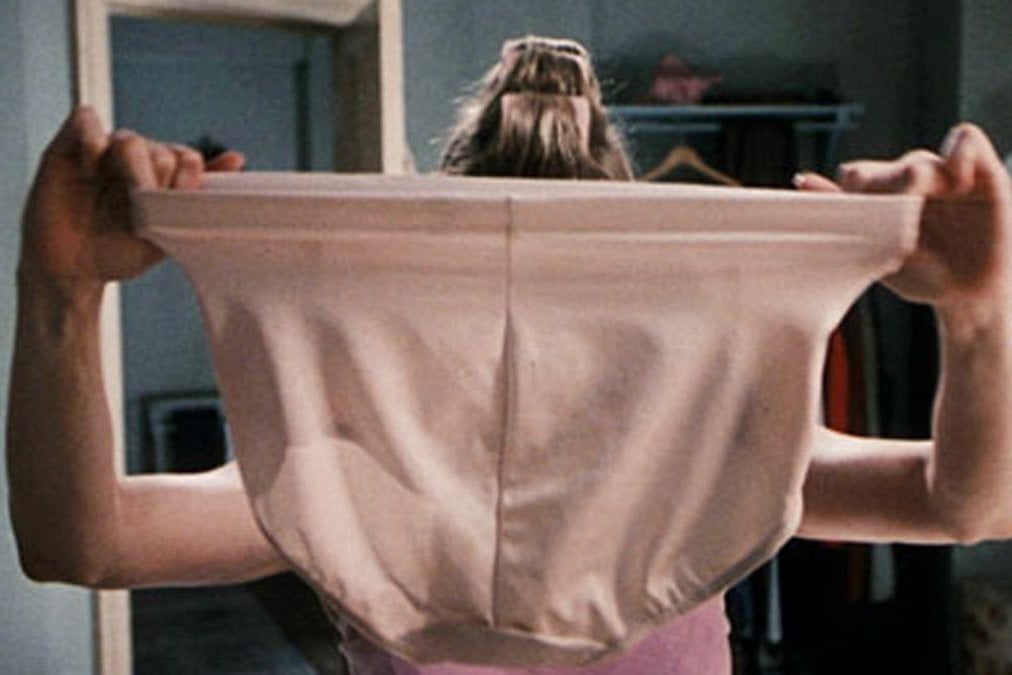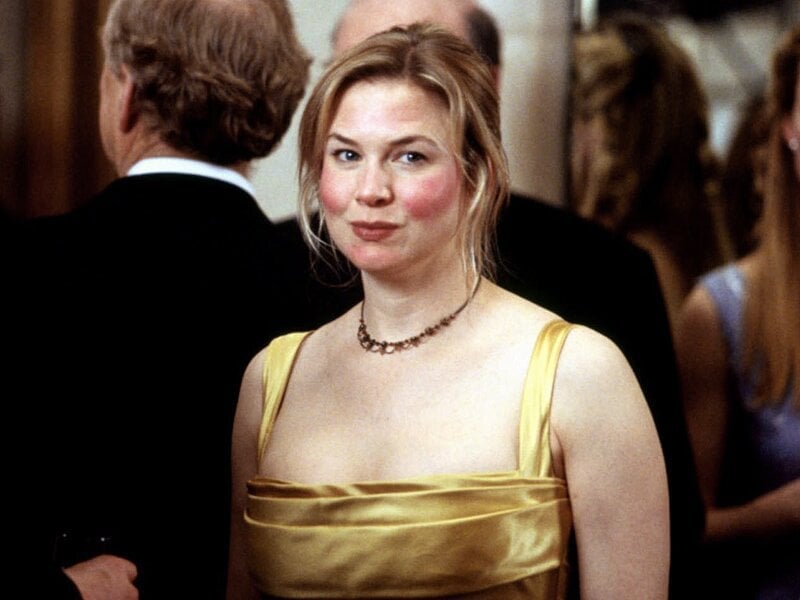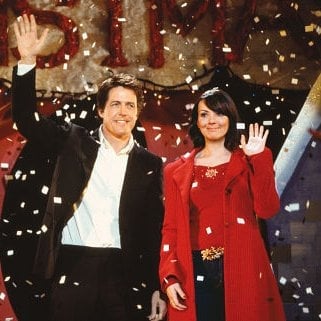
When I was a teenager, I loved romantic comedies.
They were one of my greatest guilty pleasures, a hobby that was guaranteed to give me an instant boost of endorphins.
I adored almost everything about them. The serendipitous set up where two strangers have a 'meet cute', the laugh out loud challenges they would face along the way, and the big, dramatic climax.
I'll never not love a last-minute dash to the airport for a declaration of love.
But my love of romantic comedies was always tainted by the fact that women like me were rarely cast in them. And if they were, they were relegated to the "funny, fat friend" role. A character that, quite honestly, always had a lot more personality than the skinny, conventionally attractive woman we were supposed to be focusing our attention on.
 Image: Universal Pictures.
Image: Universal Pictures.































































































